Negotiations in Geneva to draft the first binding global treaty to reduce plastic pollution

- Europe and Arabs
- Wednesday , 6 August 2025 9:19 AM GMT
Geneva: Europe and the Arabs
Delegates from 180 countries participated in crucial negotiations at the United Nations headquarters in Geneva on Tuesday, aiming to reach a legally binding treaty to reduce plastic pollution.
“The world wants, and indeed needs, a treaty on plastics because the crisis is spiraling out of control and people are frankly angry,” said Inger Andersen, Executive Director of the United Nations Environment Programme (UNEP), the UN agency leading the talks. “We know that plastic is in our nature, in our oceans, and yes, even in our bodies… What is certain is that no one wants to live with plastic pollution.”
Unless an international agreement is signed, plastic production and waste are expected to triple by 2060, causing significant damage, including to our health, according to the UN Environment Programme. According to the UN daily news bulletin, a copy of which we received this Wednesday morning, Katharina Schneeberger, Switzerland's top environmental official, reiterated the call for a legally binding treaty, stressing that plastic waste "chokes our lakes, harms wildlife and threatens human health." This is not just an environmental issue; it is a global challenge that requires urgent and collective action.
Speaking to reporters on the sidelines of the negotiations, Ms. Schneeberger emphasized that “there is no call for a production cap” by producing countries. As Director of the Swiss Federal Office for the Environment, she said, “A common understanding that action is needed on both the production and consumption sides can help open the negotiations.”
Spirit of Compromise
Supporters of the agreement have compared its importance to the Paris Climate Agreement. They have also pointed to allegations that oil-producing countries—whose crude oil and natural gas provide the building blocks for plastics—are exerting pressure to prevent an agreement.
Inger Andersen, Executive Director of the United Nations Environment Programme, has previously emphasized the need for global regulations on plastics: “We will not get out of the plastic pollution crisis by recycling; We need a systemic shift to achieve the transition to a circular economy.
With 10 days of talks on the treaty scheduled at the United Nations in Geneva, supporters of the agreement hope it will cover the entire lifecycle of plastic, from design to production and disposal. The treaty should "promote plastics circularity and prevent plastic from leaking into the environment," according to the text currently guiding the negotiations led by the Intergovernmental Negotiating Committee (INC).
The 22-page INC document contains 32 draft articles that will be discussed in detail. This text aims to shape the future instrument and forms the basis for the negotiations that countries will hold in Geneva.
The scale of the problem is enormous.
Ms. Andersen said: "Some countries will have to deal with reduction, some will have to deal with mechanical recycling, and some will deal with alternatives. Let's see how we can get there through the negotiations. “I think there’s a lot of goodwill in the task force right now.”
The UNEP-led talks follow a decision by member states in 2022 to meet and develop a legally binding international instrument to end the plastic pollution crisis, including in the marine environment, within two years.
The scale of the problem is enormous, with straws, cups, motors, shopping bags, and cosmetics containing microbeads being just a few of the single-use products ending up in our oceans and landfills.
Speaking to reporters, Ms. Andersen recalled her tour of Pakistan following the devastating floods that killed more than 1,000 people in 2022, and her view that debris and plastic were “a big part of the problem, and that’s why we’re here, to find a solution that leaves no one behind while ensuring that the wheels of the economy keep turning.”
“Plastic affects everything”
Activists gathered on the sidelines of the negotiations expressed their hopes for as ambitious a treaty as possible. Among them was Sheelan Saling, from California, interim chair of the network. Youth Action on Plastic. “Plastic affects everything from climate change to health, fertility, and even birth defects; it affects physical disabilities, as well as invisible disabilities,” she told UN News. “People don’t realize the true extent of its impact, and you know we are affected by plastic every day, and without reductions in production, the situation could get worse.”
Any treaty signed in Geneva will need to be robust enough to address the needs of all countries around the world, which have different approaches to plastic design, production, waste, and recycling. Ms. Andersen said the treaty must stand the test of time.
According to the Intergovernmental Negotiating Committee on Plastic Pollution, humanity’s consumption of plastic in 2024 alone was expected to exceed 500 million tons. Of this, 399 million tons would become waste.
According to the Intergovernmental Negotiating Committee on Plastic Pollution, humanity was expected to consume more than 500 million tons of plastic in 2024 alone. Of this, 399 million tons would become waste.


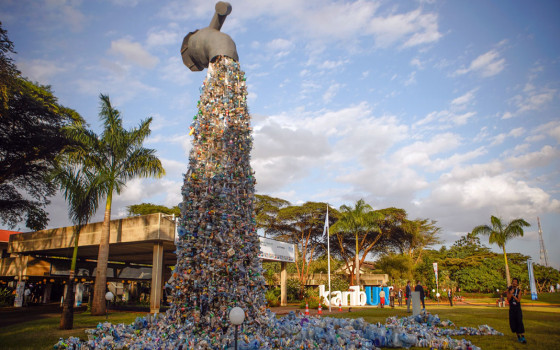
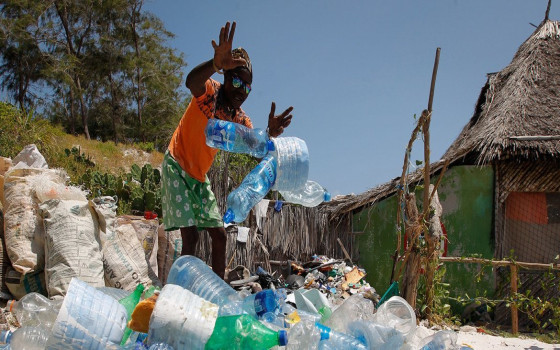
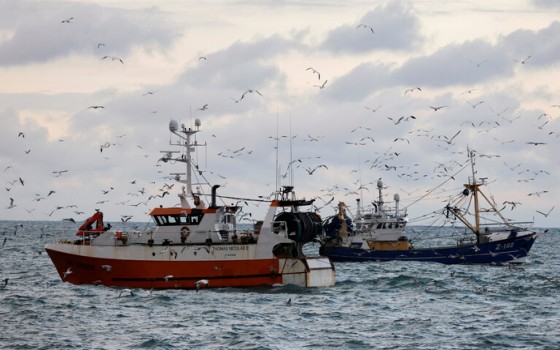

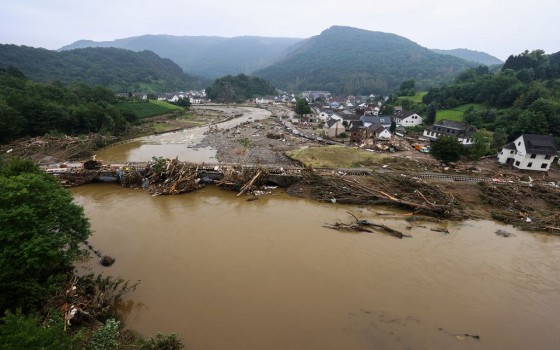
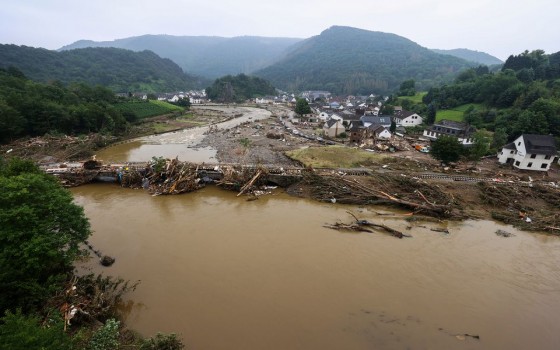


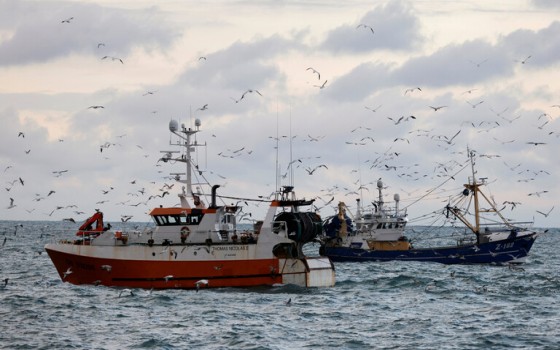



No Comments Found